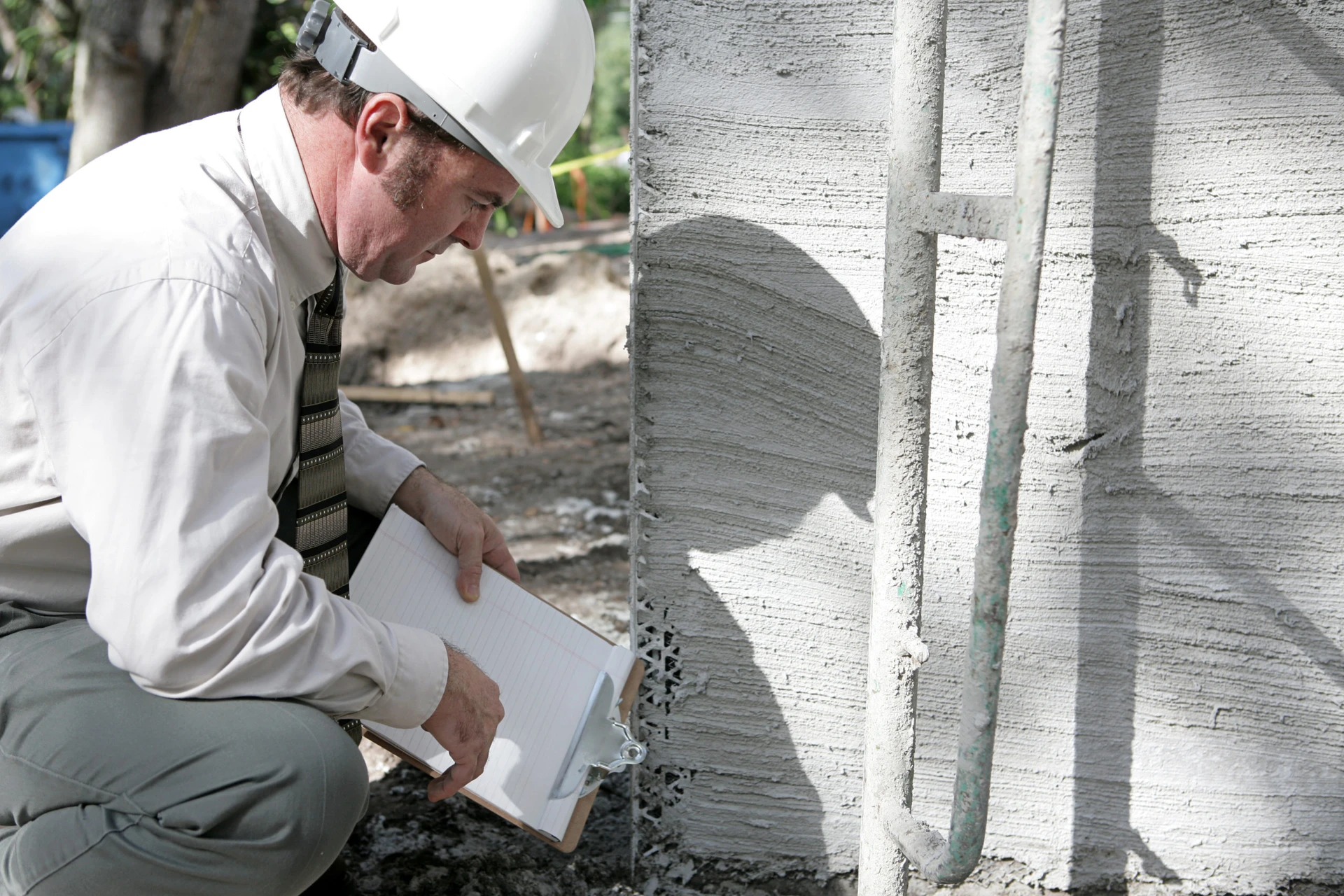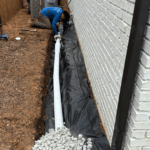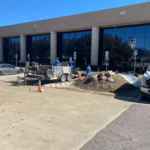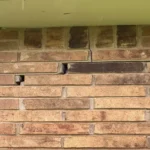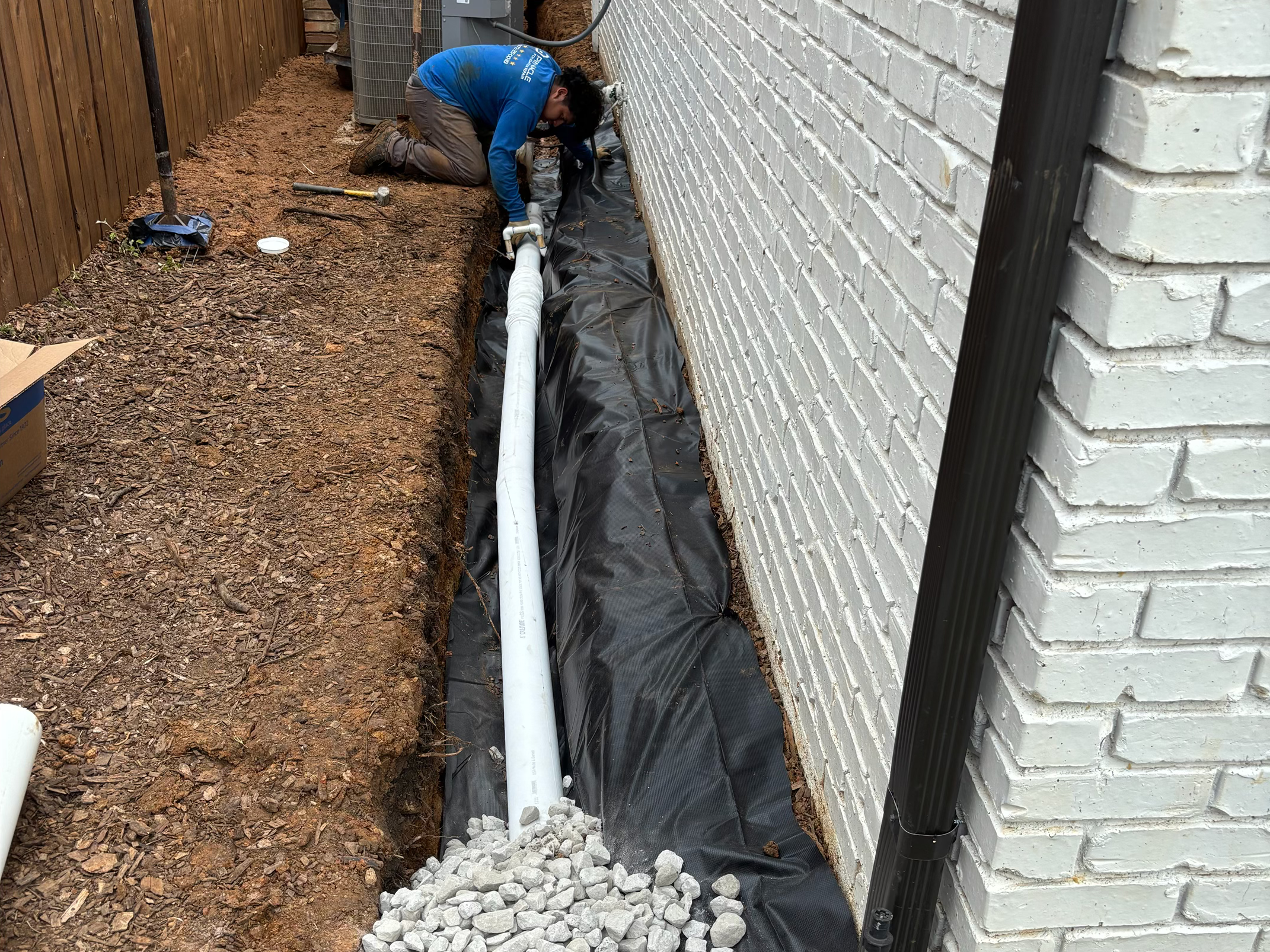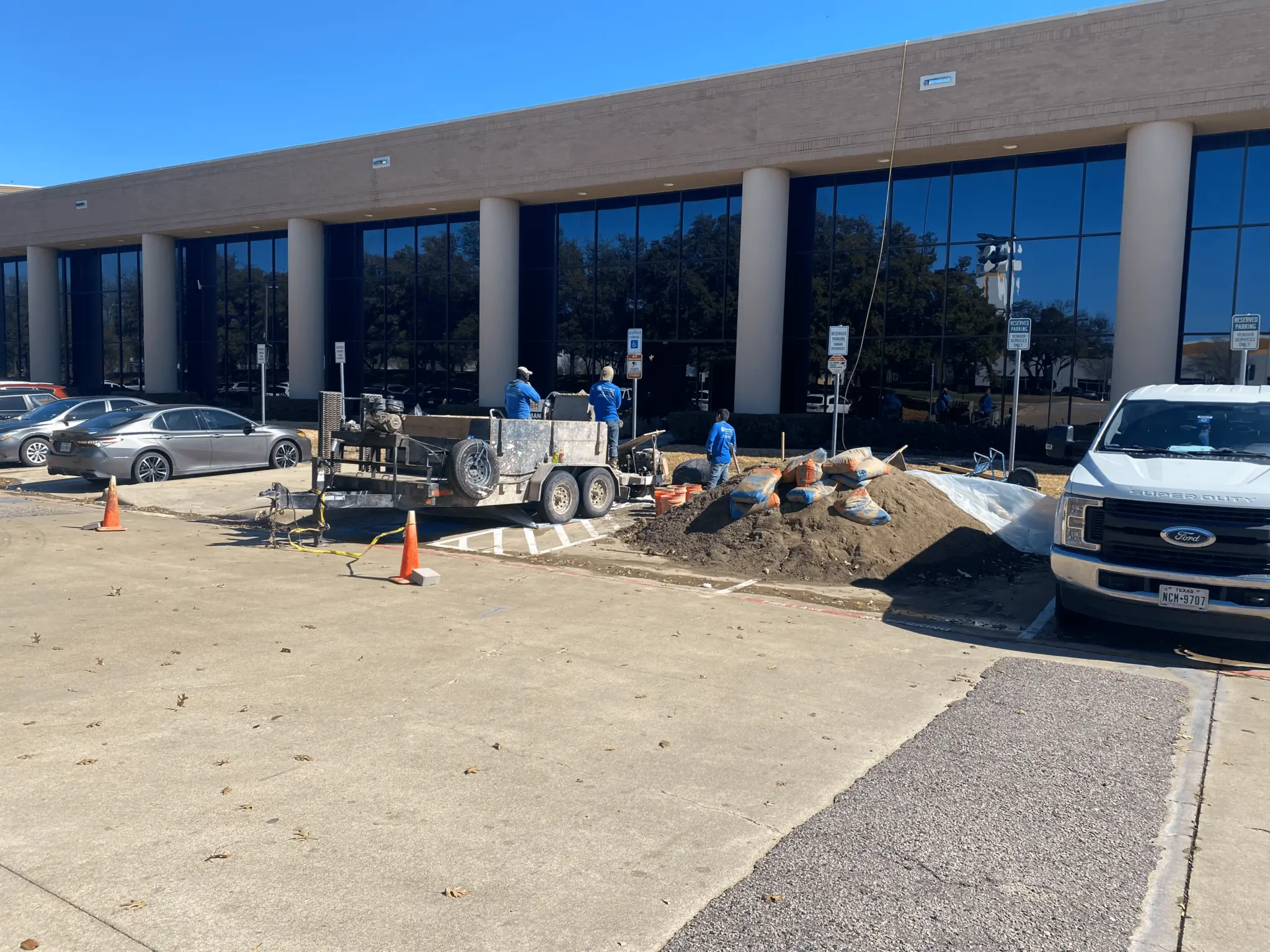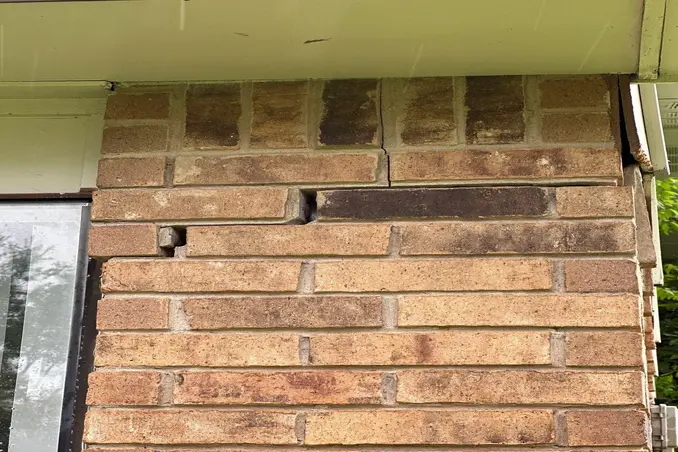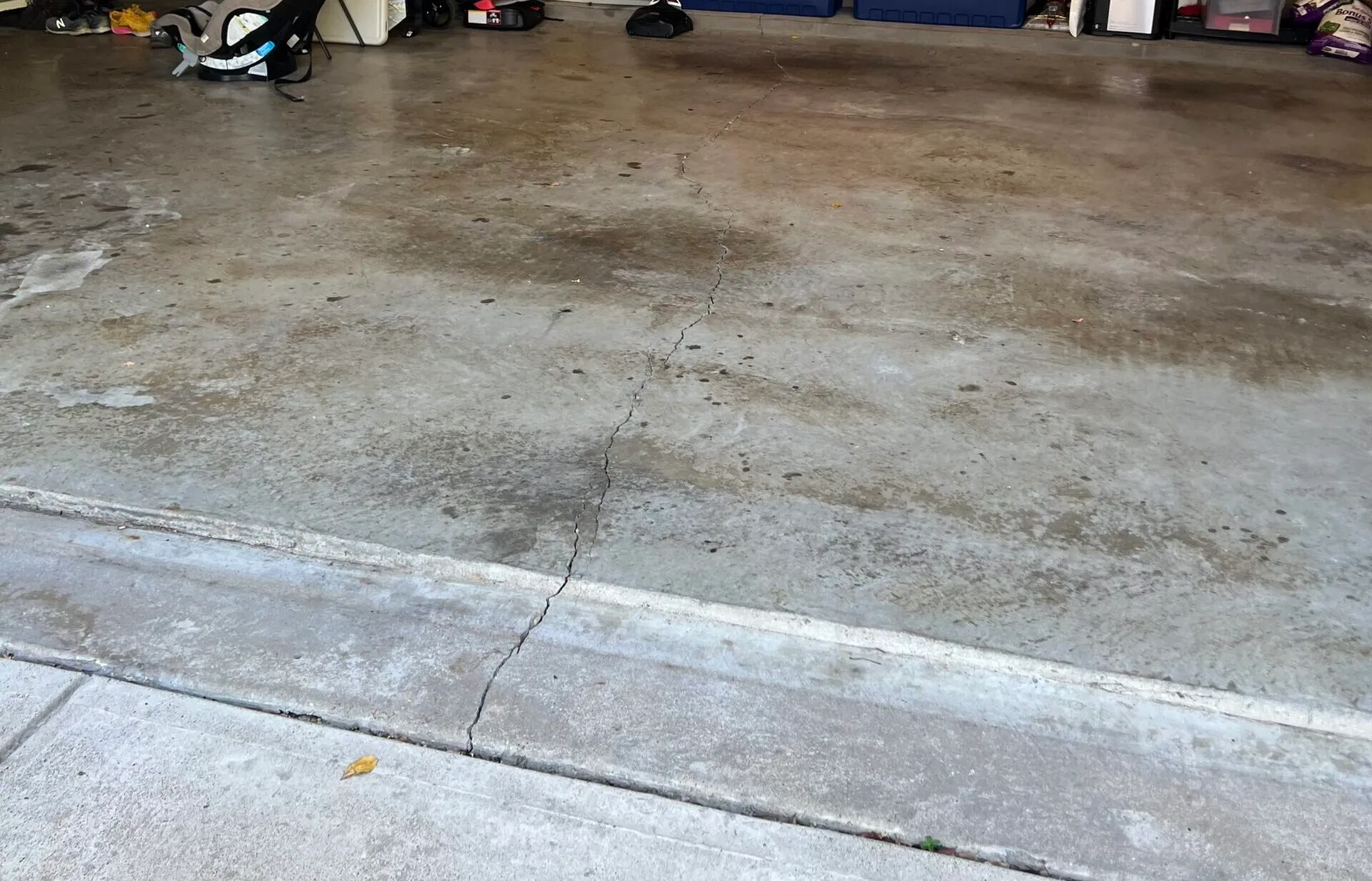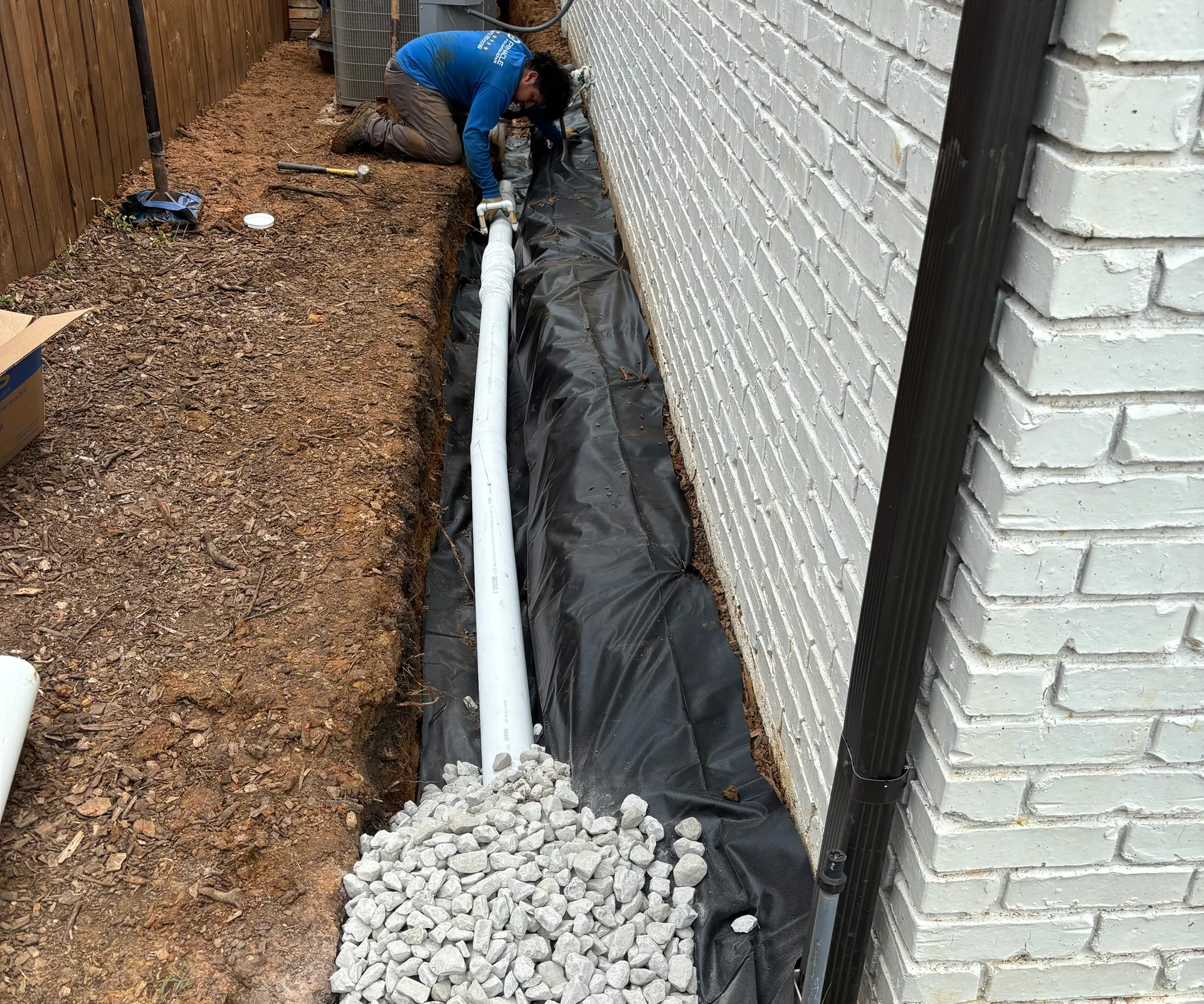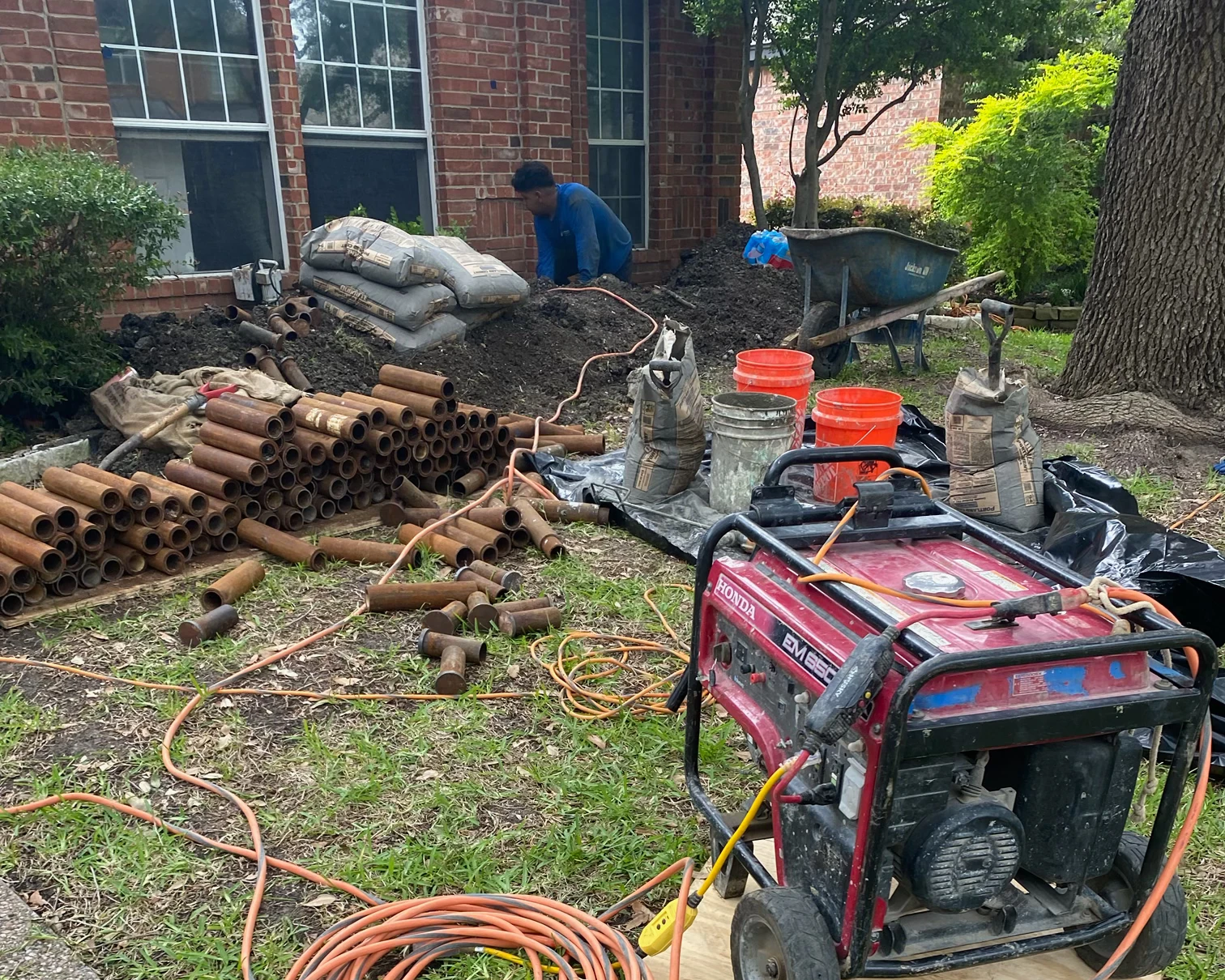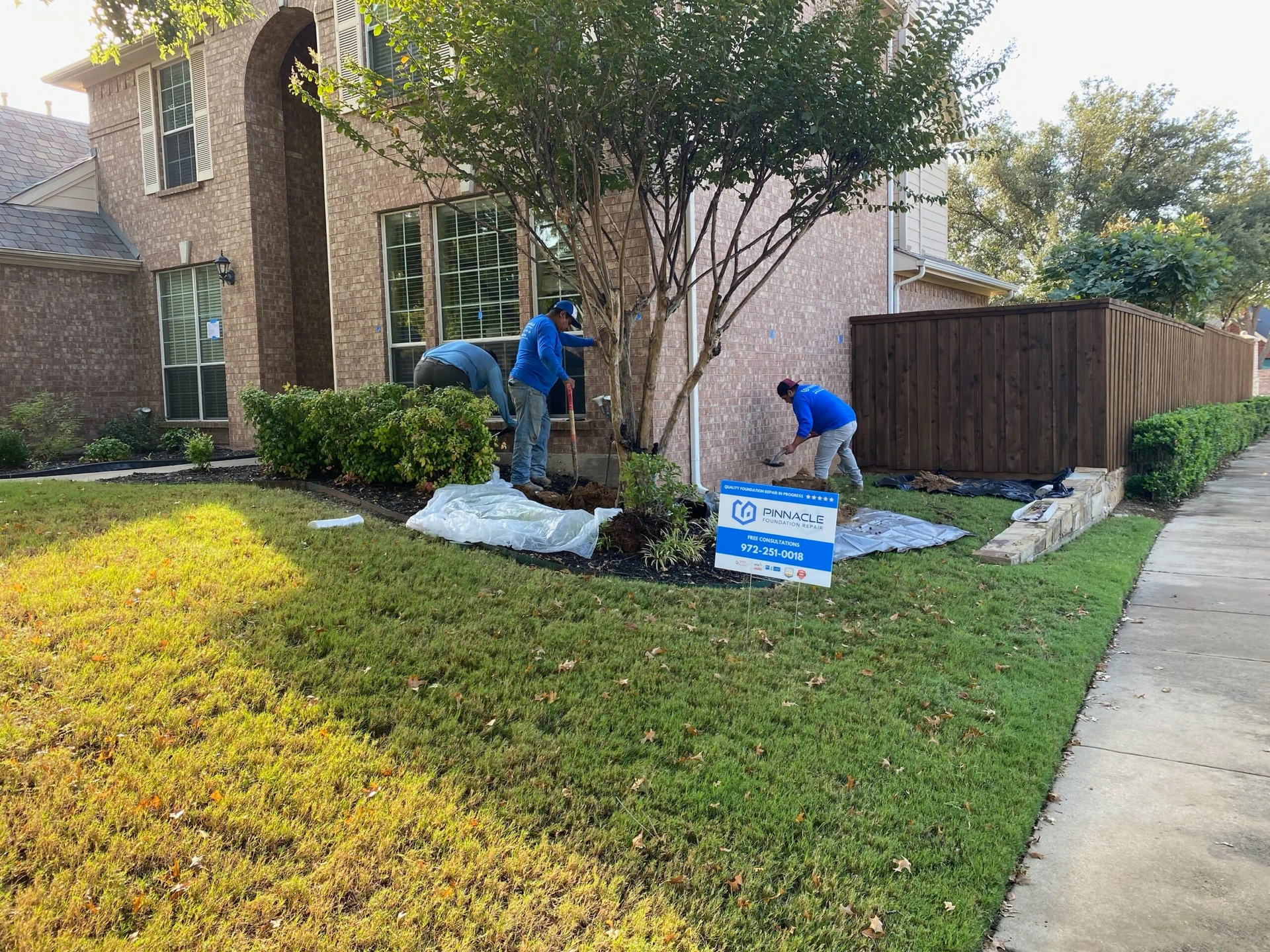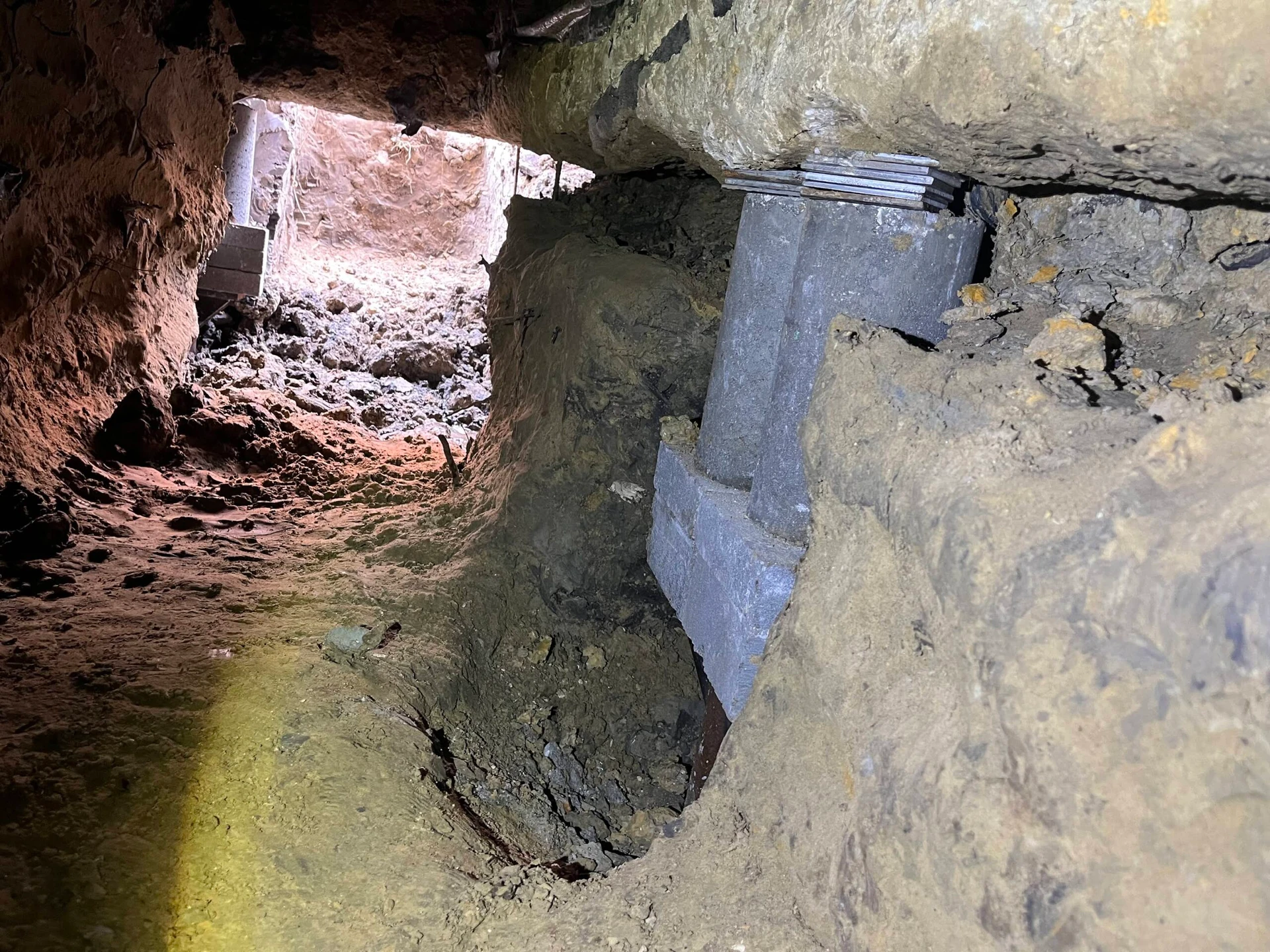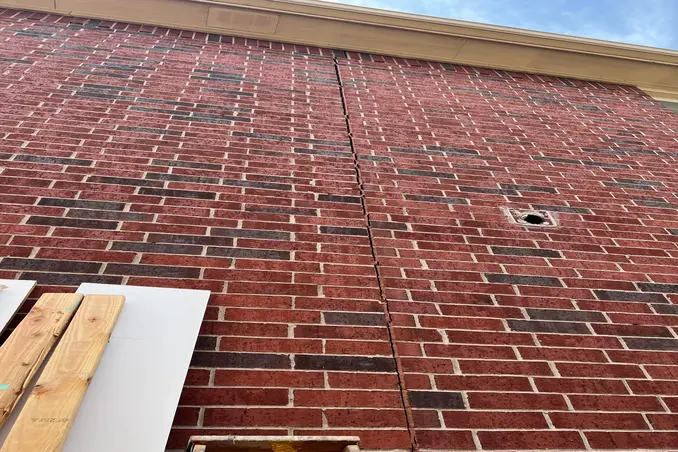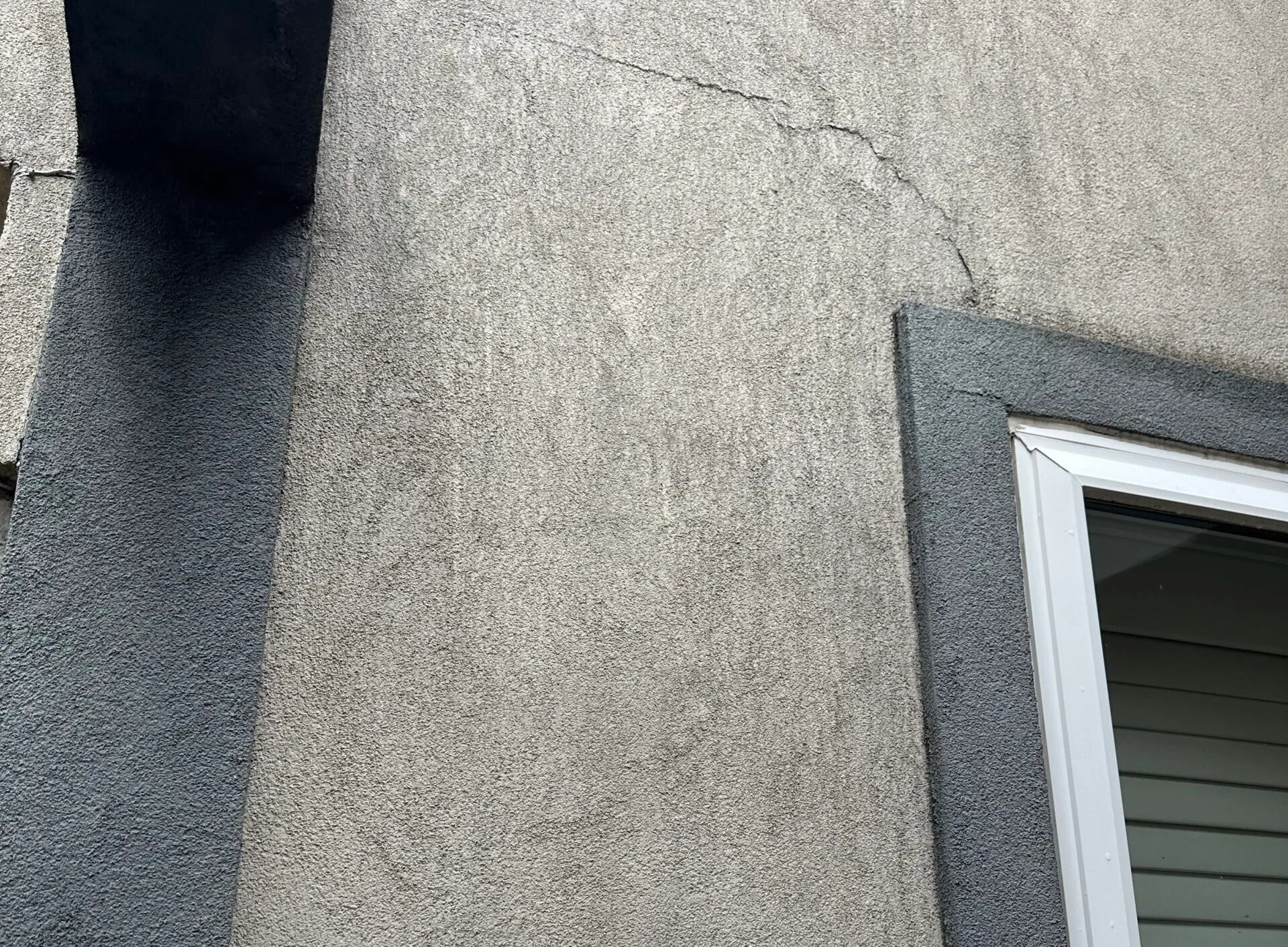Nearly 25% of all homes in the U.S. suffer some type of structural flaw in their lifetime. Unfortunately, most homeowners aren’t aware of foundation defects until it’s too late. If you treat structural issues lightly, you may end up paying for costly repairs over time.
No matter how solid your house looks, you should always do a foundation inspection once a year. This can save you from major damage.
Below is a guide detailing what to expect from a foundation inspection.
The Foundation Inspection Process
Step 1: Pre-Inspection
When you first contact a reputable foundation inspection company, expect them to discuss your needs, so you can voice any questions or concerns prior to the actual on-sight visit.
Step 2: The Foundation Inspection
During an on-site visit, an expert examines your property for any sign of foundational problems and determines the current condition of your structure. The inspection process can vary depending on what type of foundation you have – concrete slab, full basement, or pier and beam/crawlspace.
Step 3: Post-Inspection Report
Once the inspection is complete, the inspector writes up a comprehensive report that highlights any foundation problems and recommended repair solutions. The report may also include information about permits and whether your repairs require a structural engineer’s involvement.
What Actually Happens During the Inspection?
Walking Around the Exterior Perimeter
The inspection often start on the exterior of your property, where specialists look for any indications of leaning or bulging that show an uneven load on your foundation. Additionally, they keep an eye out for pooling water, cracks, and fissures.
Scanning the Interior Perimeter
Inspectors then check your property’s interior and scan for cracks or separation on walls, which may be a sign of a shifting foundation. They also inspect the floors and ceilings, searching for any cracks, bulging, buckling, warping, sagging, or sloping. Simple tests like checking to see if a ball rolls on the floor can determine how level your rooms are.
Inspecting of Substructure Supports
A quality inspector also checks your substructure supports to ensure they’re in good condition. Any signs of buckling and sloping may indicate trouble.
Assessing the Crawl Space
If your house has a pier and beam foundation, inspectors check the crawlspace under your structure and scan it to determine its condition, specifically looking for mold or moisture damage. If any beams, piers, and joists are wet, rotten, or rusted, you may have a foundation drainage problem that you should repair as soon as possible.
Checking Windows or Doors
A thorough inspection also ensures your windows and doors open and close smoothly. If they’re jammed or stuck, it’s a sign that the foundation has moved.
There should be no gaps between doors and windows and the wall. Any sign of this can mean your foundation is shifting. These gaps can also cause structural damage over time since they let in water and pests.
Examining the Chimney
If you have a chimney, foundation contractors assess it for signs of cracking or tilting which indicate that you have foundational damage. If your chimney shifts too much, it can collapse. To protect your family and property, fix it fast.
Looking for Water Damage
Water damage is often a red flag for foundation problems. Be sure a contractor assesses your basement, crawlspace, and entire property for any indication of moisture.
Taking Measurements of the Property
This essential step determines how to level your foundation. Measurements can indicate if certain parts of your property are 1 inch lower than others or even as much as 6 inches lower.
Why should you schedule a foundation inspection?
Life throws us a lot of curveballs, and you never know when you may have to sell your property or use the value of your home or business to take care of unexpected expenses.
A professional foundation inspection provides the peace of mind that your structure’s foundation is in top shape and can provide the most value when you need it
Sell Your Home or Business Property Easily
A growing family that needs more space, that new dream job, or the need for more operating space to expand your business are just a few of the reasons you may want to sell your property or need to move.
A foundation that’s in good condition not only brings you top dollar but makes it easier for your buyer to get financed as well. Keeping a record of inspection and maintenance on hand can save time and money when you’re ready to sell.
Access Home Equity Loans to Cover Emergency Expenses
Your equity in a home or business can be a useful asset if unexpected costs pop up. When considering the amount that you need to borrow, your financial institution needs to ensure that their investment is solid. Keeping your foundation in great shape can make their decision that much easier and help you get the funds on time.
Save Money on Repairs
The costs involved in fixing collateral damage to your home or business caused by neglecting the integrity of the foundation can add up fast. Windows, doors, flooring, porches, and the interior and exterior beauty of your home or office can all need replacement by ignoring the signs of a faulty or settling foundation. Saving your money for other needs by avoiding additional work in the first place, is a great way to get ahead of the cash game.
Create a Home or Business You Can Be Proud Of
Damage to your foundation can cause obvious structural issues to your property, but the visual appeal for neighbors and customers can also be an issue. Flaking concrete, sagging entryways, cracked and pitted visible surfaces, and a look of general disrepair can be embarrassing or costly side effects of neglected foundation damage.
Give your home or business an aesthetic appeal you can be proud of starting from the bottom up by staying ahead of potential problems with your foundation and reducing the need to fix exterior damage to the decorative projects you’ve already paid for.
Take the Commonsense Approach
Maintaining the highest value for your residential or commercial buildings is a smart investment no matter what route you decide to go. Whether selling or using your equity for emergency funds, it’s just good sense to begin with the bedrock of the entire structure – your foundation. Everything else rests on the integrity of this often-overlooked aspect of your home or business, so when planning expenditures, your foundation is the commonsense place to start.
Consult with Expert Foundation Contractors
At Pinnacle Foundation Repair our radically honest, free professional inspections determine if your foundation is structurally sound. One in three cases reveal no work actually needs to be done.
We’re foundation inspection and repair experts with 20+ years of experience you can count on.

